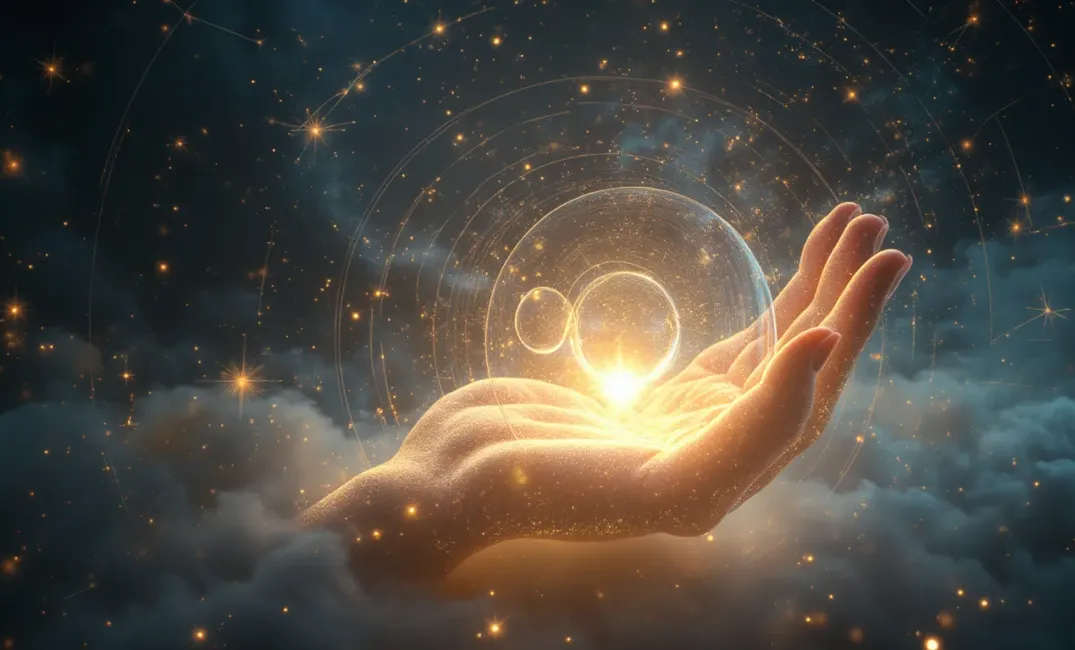Introduction: Journey Into the Human Soul
The concept of the soul, an enduring enigma, has fascinated humanity across centuries and cultures. Embodied in philosophies, beliefs, and sciences, the soul has been both revered and questioned. It signifies an ethereal essence or core that transcends physicality, offering insight into consciousness, life purpose, and our interconnectedness with the universe. This entry delves into the multifaceted perspectives on the soul—from ancient mysticism to contemporary psychology—inviting reflection on what it means to be truly human.
"The body is the temple, and the soul is its god." — Marcus Tullius Cicero
Ancient and Cultural Perceptions of the Soul
Origins of Soul Beliefs
- Early Concepts and Animism: In ancient times, the soul was often perceived as a life force intrinsic to all beings, reflected in animistic traditions where spirits inhabit not only humans but also animals, plants, and natural features.
- Egyptian Ka and Ba: The Egyptians believed in multiple aspects of the soul, notably the Ka—representing vital essence and spiritual double—and the Ba, reflecting individual uniqueness and personality, highlighting their intricate afterlife beliefs.
Classical Philosophies
- Platonic and Aristotelian Views: Plato posited the soul as eternal and pre-existing the physical realm, while Aristotle considered it the 'form' of the body—interdependent yet indistinct from biological function.
- Vedic and Buddhist Interpretations: In Hinduism, the soul (Atman) is seen as eternal, transcending death to achieve Moksha (liberation), contrasting with Buddhism's Anatta, which denies a permanent soul, focusing on consciousness's transient nature.
The Soul in Religious and Mystical Traditions
Abrahamic Traditions
- Christian and Islamic Perspectives: Christianity and Islam share a view of the soul as a divine gift, accountable in the afterlife. The soul's purity, duty, and destiny are paramount to spiritual development and salvation.
- Judaism and the Neshama: Jewish tradition speaks of Neshama, the soul's purest essence reflecting one's spirituality, underscoring the intrinsic bond between divine purpose and ethical living.
Mysticism and Esoteric Understanding
- Sufi Mysticism: In Sufism, the soul is perceived as being on a path of ascension toward unity with the divine, achieved through practices fostering direct experiential knowledge and heart purification.
- Kabbalistic Visions: Kabbalah, Jewish mysticism, explores the soul's complexity through distinct dimensions—Nefesh (basic instincts), Ruach (emotions), and Neshamah (intellect), emphasizing a journey toward divine wisdom.
Psychological and Scientific Explorations of the Soul
Evolution of Psychological Theories
- Freud and the Psyche: Sigmund Freud's model of the psyche—a prelude to soul discourse—explores the mind's layers, comprising the id, ego, and superego as conflict domains reflecting internal moral dynamics.
- Carl Jung's Collective Unconscious: Jung proposed the collective unconscious—archetypal layers underlying personal experiences, suggesting that the soul connects to broader humanity through shared symbols and myths.
Neuroscience and Consciousness
- Contemplating Awareness: Consciousness research intersects with soul inquiry, posing questions about the subjective experience and continuity between identity and self-awareness.
- Integrated Information Theory: This modern approach seeks to quantify consciousness, suggesting a link between neurological complexity and unified, subjective experience—sparking debates on spiritual implications.
The Soul in Art, Literature, and Culture
Artistic Expressions
- Renaissance Art and Divine Soul: Renaissance artists portrayed the soul's divine nature through religious themes, manifesting spiritual longing and transcendence in visual splendors.
- Literature's Exploration: Writers like Dante and Goethe explored the soul's journey through moral dilemmas, existential quests, and ultimate redemption, reflections infused with cultural paradigms and personal insights.
Cultural Reflections
- Music and the Soul's Expression: Across cultures, music captures and transmits soulfulness, echoing human emotion and bonding communities through song's universal resonance.
- Cinema and Soul Search: Modern films engage with the soul's inquiries, exploring identity crises, moral conflicts, and dreams using visual narratives to provoke societal introspection.
Philosophical and Existential Reflections
The Essence of Being
- Existential Philosophy: Thinkers like Kierkegaard and Sartre grappled with the essence of being, questioning the soul's role amid existential choices and the quest for authenticity.
- The Quest for Meaning: Philosophy encourages introspection about the soul's purpose, transcending mere survival to seek fulfillment, connection, and self-actualization within a greater cosmological framework.
Ethical and Moral Considerations
- Moral Agency and Empathy: The soul fosters moral agency—the capacity for ethical choice and empathy's role in navigating moral landscapes, contributing to societal harmony.
- Future Implications of Soul Theory: As artificial intelligence and genetic sciences advance, the conceptual significance of the soul provokes dialogue on humanity's evolution and ethical directions.
Conclusion: The Soul's Eternal Mystery
"The soul is neither inside nor outside your body; it is nowhere and everywhere." — Deepak Chopra
The soul remains an enigma, a continuum bridging ancient wisdom with modern inquiry—a reflection of humanity's eternal quest for understanding life's mysterious depths. It is the force that yearns, dreams, and aspires to transcend limitations, embodying our innermost convictions, fears, and hopes.
In preserving the human story aboard this cosmic vessel, the exploration of the soul is an homage to our shared legacy—a testimony of resilience, awareness, and the transcendence of spirit. The soul is humanity's compass, guiding the odyssey through time and space, inspiring futures envisioned with empathy, creativity, and healing. Our understanding of the soul, ever-evolving, weaves an infinite tapestry enriched by heritage and yet unwritten chapters, a reminder of the indomitable human spirit that endures.
PHILOSOPHY, SPIRITUALITY, PSYCHOLOGY, ANCIENT BELIEFS, SOUL, CONSCIOUSNESS, CULTURE

